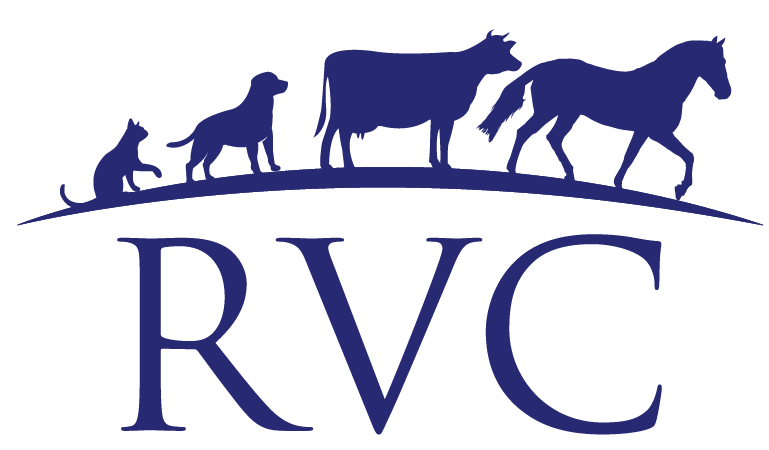
How does acupuncture work?
Acupuncture is the practice of inserting fine, solid needles into the body at specific points to alleviate pain and modify disease. It is effective in both humans and animals and has been practiced since 3200 BC.
Acupuncture plays a vital role in pain management and works by ‘fooling’ the brain into releasing very potent, natural pain relieving chemicals. In animals it is mainly used to treat pain in joints and muscles but can be used for a wide variety of conditions.
It works through the nervous system. The needles block the pain messages and encourage the brain and central nervous system to produce more of the body’s natural pain killer. In non-painful conditions it helps the body to reset the normal functioning. The western approach to acupuncture involves using acupuncture as part of a therapeutic regimen following orthodox diagnosis and treatment. In veterinary medicine it is rarely used as a stand-alone treatment, it is not a panacea and not all conditions or patients are suitable for this treatment.
What to expect?
Treatment is often once weekly for four to six weeks. After this we will know whether the patient is responding and will tailor the treatment from there. Some animals need to be maintained after this on 6-8 weekly treatments. The number of needles used depends entirely on the patient and the condition being treated. Acupuncture is very safe as long as it is used in the right hands. There are some risks involved but these are minimised with care and a good knowledge
of anatomy.
It is not uncommon for a patient to become sleepy or relaxed after a treatment but not every animal will. If they do it means they do respond well to acupuncture which is a good thing.
95% OF PATIENTS RESPOND FAVOURABLY.
The main responses seen after acupuncture are:
They may appear stiffer or more uncomfortable. This means that the dose was a bit high but also means that they do respond to acupuncture. They should improve after a day or two and should be better than before.
They may show no response. This can be disappointing but doesn’t mean they won’t respond next time. The response may have been too brief or small to see.
They may show an improvement. This may occur anytime in the three days following treatment. After each treatment the response should last longer so that they may not need more treatments.
What conditions respond well to Acupuncture?
It is fantastic for geriatric patients, many older animals with arthritis are reported to have more energy levels and become more engaged with life. Conditions that respond to acupuncture include
Arthritis
Muscle spasm (‘knots’ or ‘trigger points’)
Skin problems
Wound healing
Urinary problems (incontinence or retention)
Gastro-intestinal disorders
Uterus fluid retention
It is often used for added pain relief alongside other treatments for many other conditions.
Tara Buxton
Small Animal Veterinarian
Tara, originally from the UK, spent 6 years in mixed practice working in the UK and Canterbury and then focussed on her companion animal medicine in Tauranga. She joined the RCV companion animal team in 2017 and works in both the Rangiora and Kaiapoi clinics.
With a passion in geriatric and rehabilitative medicine, Tara has become a skilled acupuncturist, completing the certification course in Western Veterinary Acupuncture and Chronic pain management. Based on examination of the pet, in combination with further diagnostics where appropriate, Tara can formulate an individualised treatment plan. Many conditions can benefit from acupuncture and it is commonly used as an adjunct to veterinary medicines and is especially useful when co-morbidities exist limiting treatment options. Arthritis and muscular injuries, along with stimulating wound healing and intervertebral disc disease are commonly treated.
Acupuncture can also help manage internal conditions such as pancreatitis, urinary tract inflammation and inflammatory bowel syndrome. By applying neurophysiological principles, a diverse range of diseases can be treated with acupuncture, so please inquire.



